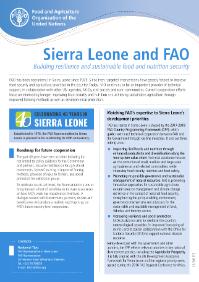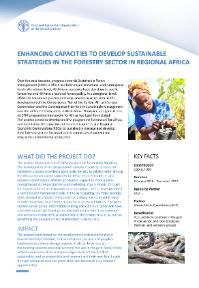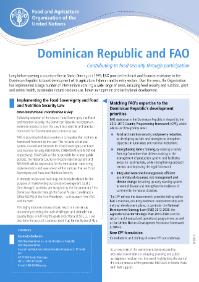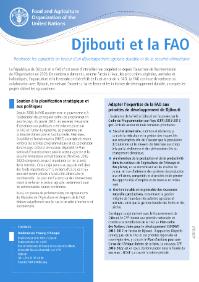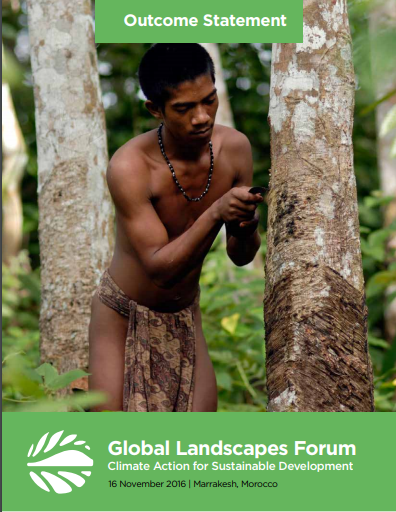70 Years of FAO (1945-2015)
This book tells the story of these seven decades of the history of FAO, its protagonists and their endeavours. We have dug into the FAO archives to bring to light unpublished black and white images, which form a portfolio of evocative images of the early years of the Organization.



